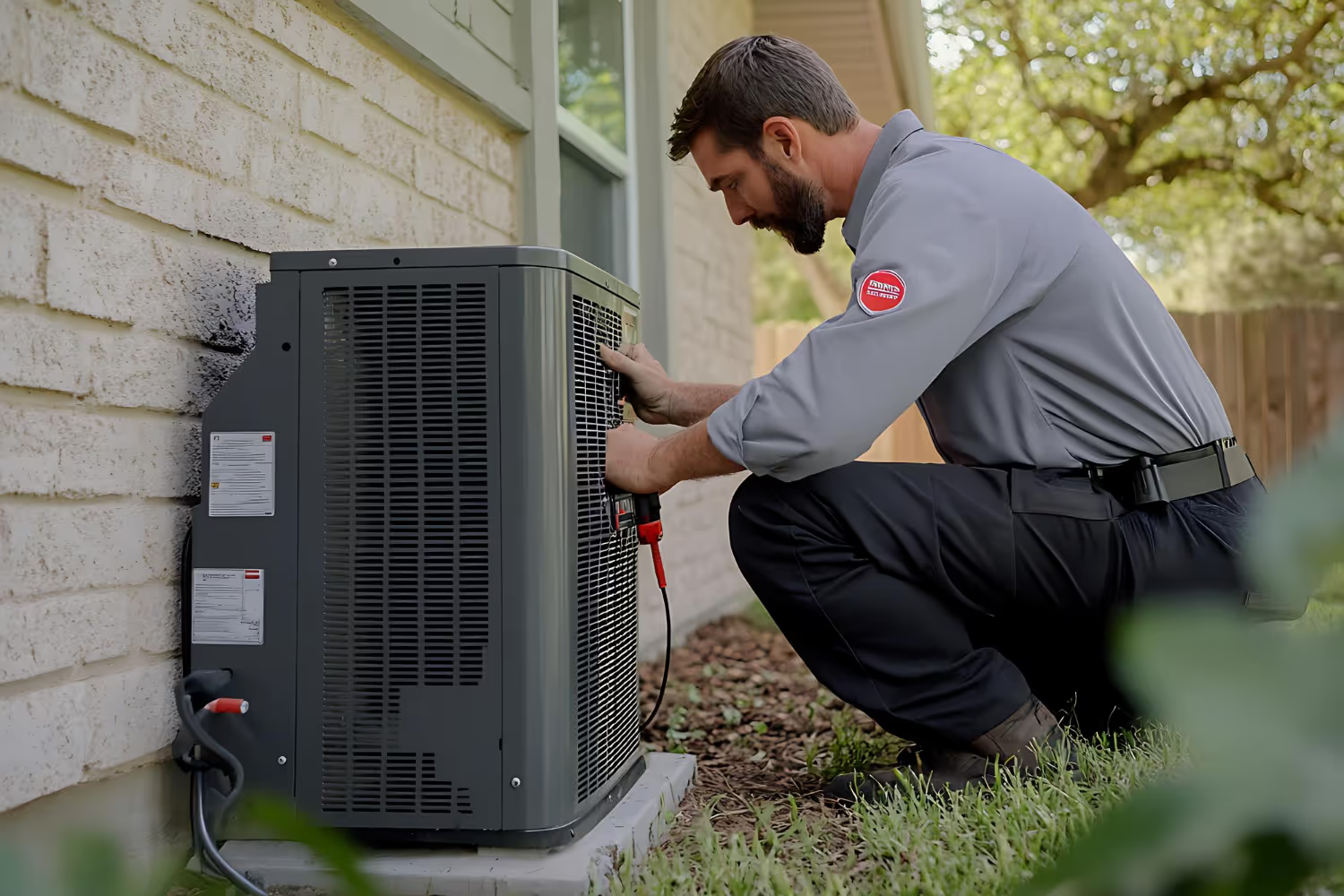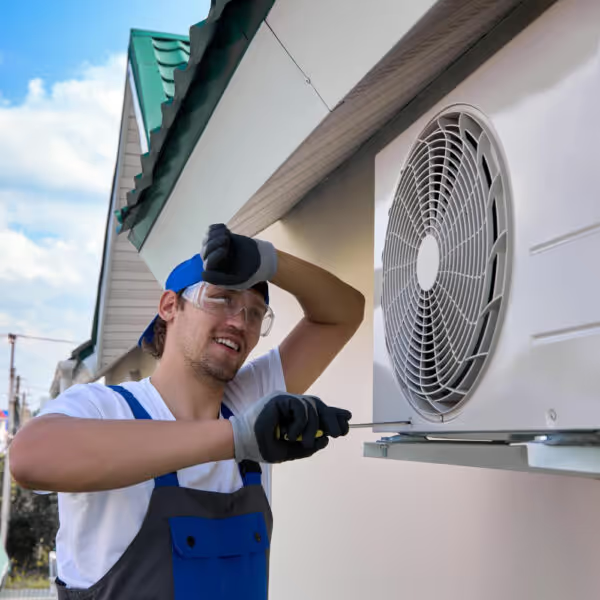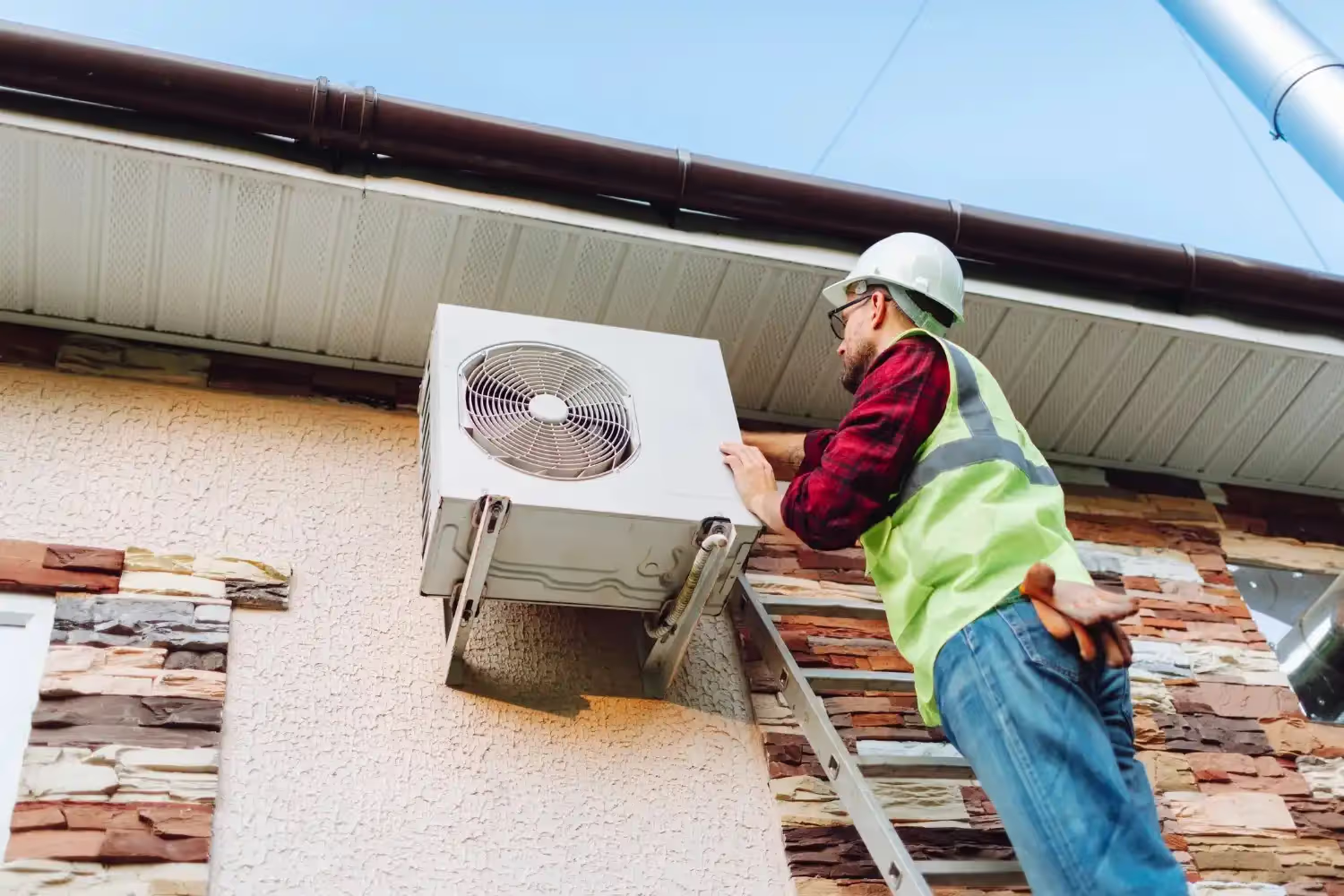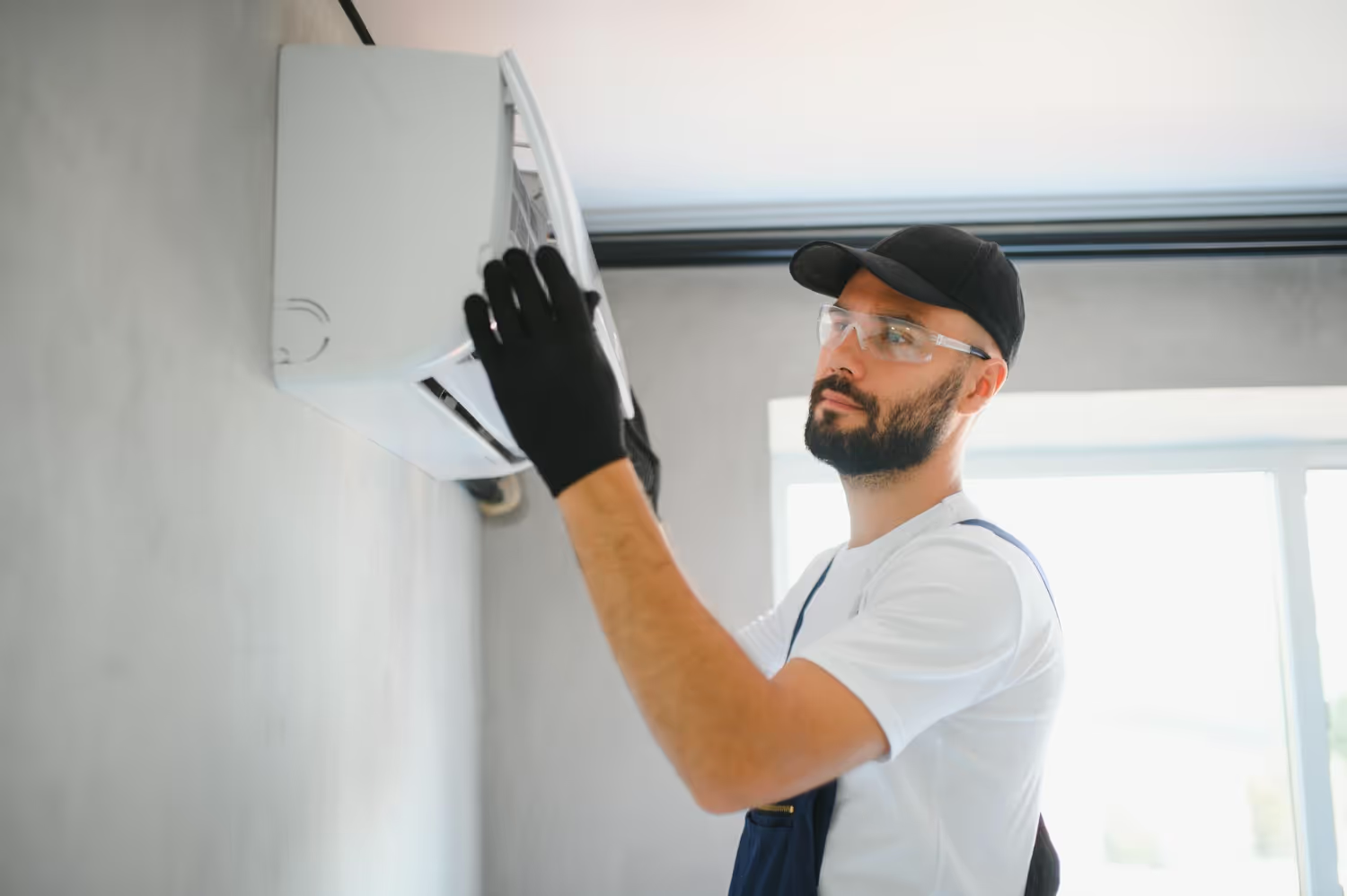
When your air conditioner suddenly stops working in the heat of summer, it’s easy to assume the entire system is to blame. But often, the problem can come from a small yet important part—the condensate pump. This pump moves the water your AC pulls from the air outside your home, helping prevent clogs, leaks, and even system shutdowns. If it’s not working right, the entire cooling process can get disrupted.
Homeowners in Butner often deal with heat and humidity during the peak summer months, making a working air conditioner a priority. That’s why understanding how your condensate pump works and what can go wrong with it is useful, especially before scheduling a full system repair. Recognizing early warning signs can help you avoid major disruptions and keep your home comfortable when temperatures rise.
Understanding the Role of an AC Condensate Pump
The condensate pump might seem like a small part of your overall AC system, but it plays a big role. When your air conditioner is running, it not only cools the air but also removes moisture. That moisture turns into water and collects in a drain pan. From there, gravity would typically pull the water out, but in many homes, the unit is not positioned in a way that allows that to happen on its own. That is where the condensate pump comes in—it pushes the water out and away from your house.
Without a working pump, that water has nowhere to go. It can gradually pool inside the system, leading to leaks or damage. The pump itself has a float switch, much like the one in a toilet tank. When the water level rises, it lifts the float and signals the pump motor to run. If parts of your home’s AC system are installed in the basement or tight spaces, the pump becomes even more important, since natural drainage may not be possible.
In short, the condensate pump’s job is to keep moisture moving. If it stops working, your AC could shut off as a safety measure, or worse—it might keep running and allow water backup. Faulty wiring, old age, debris, or algae buildup in the drain line can cause pumps to fail. Understanding how it fits into your home’s setup helps you take action sooner when problems come up.
Common Symptoms of AC Condensate Pump Failures
When a condensate pump starts to fail, it can lead to several noticeable problems. Ignoring these early signs can result in larger repairs and even water damage. Keep an eye out for the following issues:
- Water pooling around your indoor AC unit
- Musty smells or mildew from hidden moisture
- A humming sound from the AC, but no actual cooling
- Sudden AC shutdowns or irregular run times
- Unusual cycling or visible mold growth
If you notice one or more of these symptoms, the pump might not be draining water the way it should. For example, if there is standing water around your unit on a dry day with no recent rain, it is a clear sign of poor drainage. This could indicate a clogged pipe or a burned-out pump motor.
It is easy to overlook water buildup in hard-to-see areas like utility closets or behind walls. Over time, that moisture can soak into drywall, flooring, or even the foundation, creating long-term issues beyond just the AC system. The sooner homeowners in Butner recognize these warning signs, the faster they can address the problem and prevent more costly repairs later on.
Troubleshooting AC Condensate Pump Issues
When you start seeing signs of a condensate pump failure, you might be tempted to poke around and try to fix it right away. But before doing anything, it is important to turn off the air conditioner at both the thermostat and the main power source. This prevents further damage and keeps things safe while inspecting the system.
There are a few basic things homeowners in Butner can check to determine if the issue is something minor or if it is time to bring in our professionals.
1. Check the power connection. Make sure the pump is plugged in securely and has power.
2. Look for visible blockages. Sometimes clogs happen in the drain line or the pump’s intake. If you see visible buildup, that is a red flag.
3. Examine the float switch. The float should move freely. If it is stuck, the pump might not trigger properly.
4. Inspect for leaks. If there is water around your AC unit, the drain pan could be overflowing due to a failed pump.
5. Listen for noise. A running pump usually makes a quiet humming sound. If it is making loud or irregular noises, or no sound at all, it might be burned out.
While these steps can help spot obvious problems, they will not catch electrical shorts, internal motor failures, or sensor issues. Diagnosing those requires tools and training that most homeowners do not have. Trying to fix those problems without the right know-how can lead to bigger damage or safety risks.
When to Call Our Professionals
If the basic checks do not explain what is wrong, or your AC system keeps shutting off, it is time for trained help. A condensate pump may seem like a small part, but if it fails completely, it can cause the system to operate incorrectly or shut itself down to prevent moisture damage.
Reach out if you notice one or more of the following:
- The pump runs constantly or not at all
- The float does not engage the motor
- Water is dripping from the AC unit
- Visible signs of mold, mildew, or moisture damage
- Your AC stops responding to thermostat settings
These are clear signs that something is not working right and should be fixed before it impacts other parts of your cooling system. Technicians trained in diagnosing condensate problems will not only identify the problem but will also check related parts like drain pans, wiring, and moisture controls to be sure the entire system functions properly.
Our professionals understand the typical issues homes in Butner face and are equipped to get your AC back to normal working order without delay. Having someone experienced inspect the system also gives homeowners peace of mind that the fix will hold during the remaining summer months.
Keep Your AC System Running Smoothly
Most condensate pump problems in Butner do not show up overnight. They usually build over time due to blockages, old age, or wear and tear from heavy summer use. That is why it helps to stay ahead of issues, especially during high-demand months when ACs are working nearly nonstop. A small delay in addressing a drainage problem can lead to larger problems that are harder and more expensive to fix.
Keeping your AC in good shape starts with paying close attention to signs of trouble. If your condensate pump is making odd noises, you see water near your indoor unit, or your AC shuts off without warning, do not overlook it. Early action prevents bigger problems. Regular checks and quick response to small issues are the best ways to avoid unexpected breakdowns when temperatures hit their peak.
When you understand what the condensate pump does and how to spot signs of a problem, you are better prepared to deal with AC troubles before they lead to discomfort or damage. Homeowners in Butner who stay proactive can count on more reliable performance, lower repair bills, and a longer life for their systems. It is a practical way to make sure your home stays cool, dry, and comfortable all summer long.
If you are experiencing issues with your cooling system, trust the team at Temperature Control Services Inc for reliable solutions. Learn more about AC repair in Butner to keep your home comfortable and protected from unexpected breakdowns. For a quick estimate or to book a service visit, please contact us today.













.svg)